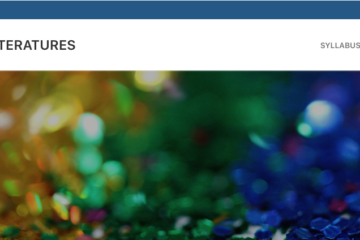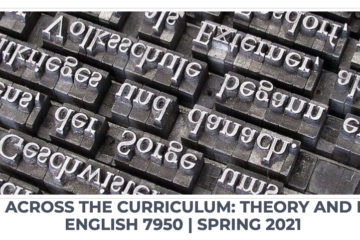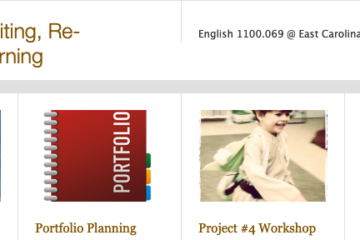Most of us can easily remember a few of our favorite books from childhood. For me, there are the obvious ones: Where the Wild Things Are, Winnie the Pooh, Danny & the Dinosaur, and all those awful Little Golden books, like Pokie Little Puppy. But there’s also this little-known book by Margaret Wise Brown called The Sailor Dog. I read that book over and over and over. One reason I loved it so much was that the sailor dog, Scuppers, got to board a ship and travel the world. I even liked the fact that he had a shipwreck and built his own island paradise from the broken pieces of his boat.
But my favorite part of the book was the two-page picture of his sleeping space, where the narrator tells us, every item had its place: a place for his toothbrush, a place for his shoes and slippers, a place for his hat, and a place for Scuppers to sleep. Reflecting back, I can see how much this book spoke to my lifelong need for order out of chaos, for things having their places and being put there, and for a private world of order and organization. My mother and grandmother told stories of how much I liked to organize things as a child; little has changed in my 40+ years.
Books and stories tell us a lot about ourselves. We gravitate toward stories that we need for a variety of reasons, and we tend to back away from those stories that bother us, that make us uncomfortable, or which do not reflect reality as we know it. This course is about books and stories written for children, and about what it means to write for children as an audience. I’m excited that you’ve chosen to join me and some other students on our adventure this semester as we read some wonderful stories together.


